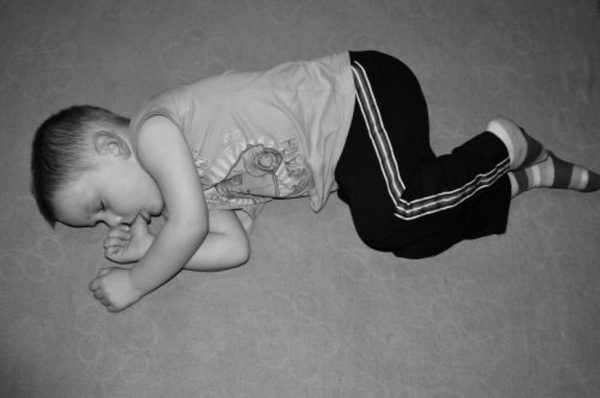
How to address bed wetting problem in children?
Bed wetting can be due to medical issues or developmental issues in children. It is not uncommon in young children. Human body produces urine all the time regardless of how much water or liquid we consume.
Bed wetting experience is common in childhood and involuntary nighttime wetting can be seen in young boys and girls both.
Reasons for bed wetting: Heredity, high urine production, small bladder capacity, sleep disorder, food sensitivities (like carbonated drinks), constipation and irregular bowel movement. During young age bladder develops gradually.
- Between the age 1 and 2 bladder slowly, gradually enlarges and bladder capacity is still small
- Between 3 & 4 children learn to void, or inhibit voiding voluntarily
- At age 5 majority children will have adult pattern urinary control
Medical cause of bed wetting:
Bladder infection, Diabetes, Kidney infection, Bladder/urinary abnormality.
Before visiting pediatrician or physician understand child’s bed wetting problem
- When the problem started?
- How bad it is and how frequent?
- Any medical condition?
- Any protective undergarments?
- Does child is scared or tend to be a heavy sleeper?
Parents discussion and talking to children can overcome the problem of bed wetting. Parents should follow some do’s and don’t while approaching the situation.
- Tell your child not to worry
- Do not punish your child for wetting
- Don’t compare your child with other kids
- Don’t’ restrict childs fluid intake
- Make a visit to physician
- Encourage child and boost confidence
- Do set goals with child about reducing bedwetting and practice alarm use
- Focus on child success and downplay any bedwetting incidents
- Do pay attention to child’s progress and the treatment.
Further parents should note that:
- Restricting fluids: It is not that effective because, fluid consumption is not usually the cause of bed wetting problem. This may risk child’s health and child may suffer from dehydration.
- Punishment: Punishing child will lead to poor self esteem, increased anxiety and disturbs social skills
- Drug therapy: Some may be temporarily effective. Most children begin wetting once they stop medication.
How to help children?
- One recommendation is to use bed wetting or moisture alarms as these devices train child to understand and recognize full bladder. The alarms success rate is higher and relapse is lower. Parents can select different types of bed wetting alarms.
- Encourage children for bathroom trip before going to bed.
- Create a positive incentive that act subconsciously and helps child to end bed wetting. Give a sticker on a grid chart every time child stays dry at night.
- Constipation is a common cause of bladder problem. Pressure on bladder due to hard poop can lead to instability in the bladder and results in nighttime accident. Address constipation issue in child.
- Help child remove any soiled protective bedding and replace with new, clean protection after incident. Encourage child to replace new ones in future. Keep towels and underpads near the bed.
- Do not complain, scold and punish child for bed wetting. This will bring their self esteem low and will hurt their creativity and social and school days.
- Talk to child and understand what is bothering her/him. Encouraging and discussing about certain issues will help them to overcome bed wetting.
References:
- https://bedwettingstore.com/
- https://www.parents.com/
Image credit: https://www.needpix.com/photo/1313792/child-sleeping-lying-sleep-baby-boy-people-background-fatigue (Free for commercial use)
Author: Sumana Rao | Posted on: May 15, 2018
« Parents learn how to prevent heat related illness Multiple sclerosis in children »






















Write a comment